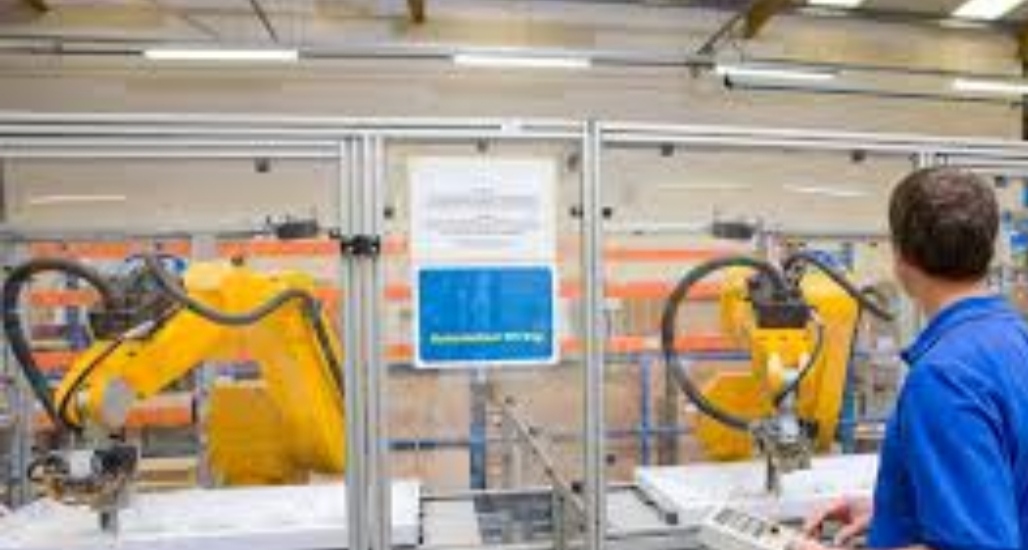States that guarantee better pay for their workers have added more jobs in 2021 than states with lower minimum and subminimum wages.
Many business owners and executives seem to share the belief that everyone is paid the true value of their work, whether that is $30 million a year or $7.25 an hour. In that vein, they often argue that minimum wage laws set an unnatural price floor that prevents people who would be willing to work for less from doing so, ultimately increasing business expenses and costing millions of jobs. This argument conveniently ignores the human needs for food, shelter, and financial security that leave workers with little choice but to accept poverty wages in a society that does not adequately provide any of these basic needs.Indeed, the U.S. economy largely rewards those same business owners with extraordinary profits garnered directly from the exploitation of desperate low-income individuals and families.
Yet countless studies show that increases to minimum wages have not resulted in massive job losses.While the federal minimum wage in the United States has been stuck at $7.25 for more than 12 years—losing 21 percent of its value during that time due to inflation—many states and cities have raised their own minimum wages above the federal level without suffering serious setbacks to their economies.Several states have also eliminated the tipped minimum wage, which has remained at $2.13 per hour federally since 1991, increasing pay and reducing poverty among workers in tipped industries. This is particularly important given that tipped minimum wages are rooted in a history of racism and sexism and subject many tipped workers to abusive working conditions.
For months, U.S. employers—particularly those in the low-wage service industry—have complained of “labor shortages,”laying most of the blame on the enhanced unemployment benefits that were passed under the American Rescue Plan and the Coronavirus Aid, Relief, and Economic Security (CARES) Act. However, numerous studies and recent data show that unemployment insurance did not significantly discourage people from seeking or taking good jobs, but actually stimulated the economy to the tune of billions of dollars in consumer spending.
Rather than an unwillingness to work, the so-called labor shortage has been driven by the ongoing pandemic, a lack of affordable and accessible child care, the market’s difficulty matching workers with the right employers, and the need for better pay and working conditions. Many businesses have found attracting workers much easier after improving conditions and increasing wages.In reality, the story of the U.S. economy in 2021 is not about a shortage of workers, but a shortage of good jobs.




